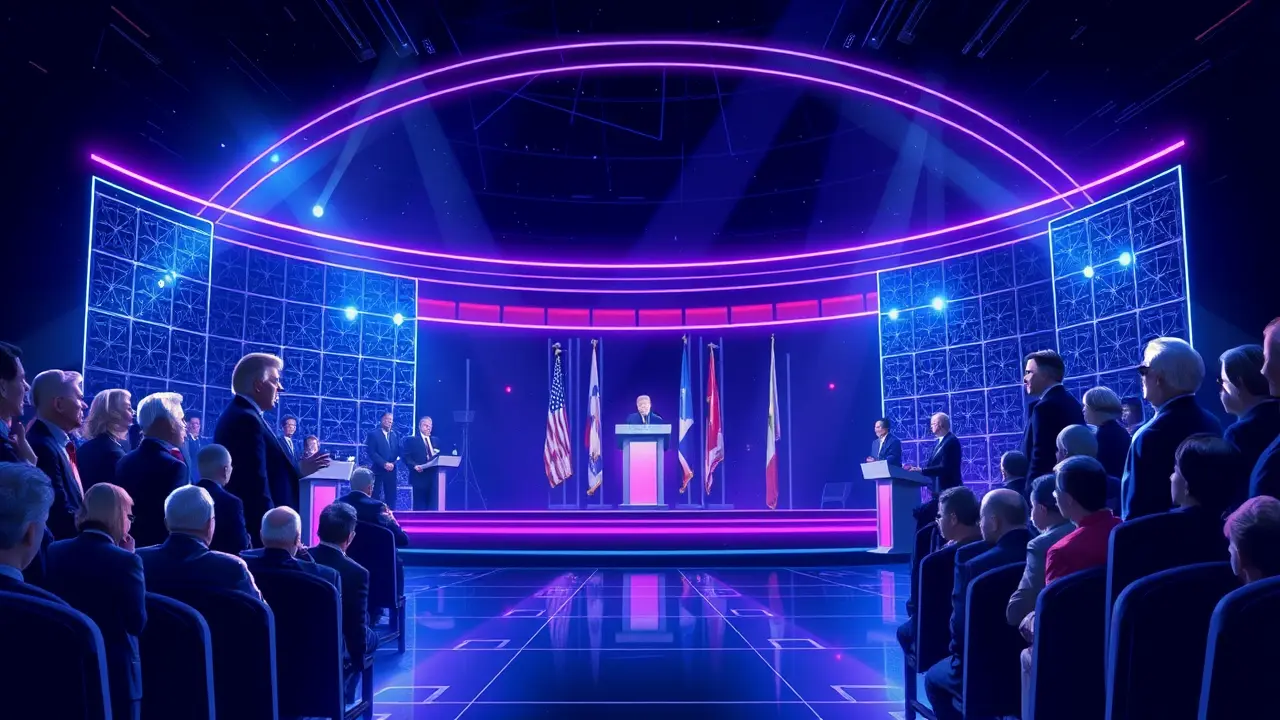
PoliticselectionsPresidential Elections
Early Voting Begins for Iraq's Parliamentary Elections.
RO
Robert Hayes
10 hours ago7 min read5 comments
The commencement of early voting for Iraq's parliamentary elections marks a critical inflection point, not merely for the nation's fragile democracy but for the entire geopolitical balance of the Middle East. With a staggering 7,744 candidates vying for power, the political arena is a cacophony of competing interests, yet the central question looming over the electoral process is whether Prime Minister Mohammed Shia al-Sudani can secure the parliamentary backing necessary for a second term.His tenure has been defined by a precarious balancing act, attempting to navigate the treacherous waters between the competing influences of Iran and the United States, all while managing the persistent internal threat of a resurgent Islamic State. The outcome of this election will serve as a stark referendum on his government's ability to deliver on promises of economic stability and public services, promises that have thus far rung hollow for many Iraqis still grappling with endemic corruption and infrastructural decay.Historically, one can draw parallels to the post-colonial struggles of other nations, where nascent democratic institutions were tested by external pressures and internal factionalism. The shadow of the 2003 invasion and the subsequent, painful birth of this electoral system hangs heavy; each election is a test of whether the political structures imposed two decades ago can mature into a stable, representative government.Regional tensions, particularly the ongoing conflict in Gaza and the shadow war between Israel and Iran, have cast a long pall over the campaign, with various political blocs leveraging the crisis to rally their bases and accuse rivals of insufficient patriotism or foreign allegiance. Analysts suggest that al-Sudani's fate hinges on the performance of the Coordination Framework, the coalition of Iran-aligned parties that propelled him to power.Should they fracture or underperform, it could open the door for the populist firebrand Moqtada al-Sadr, whose loyalists boycotted the previous election, to make a dramatic return to the political forefront, a scenario that would undoubtedly recalibrate Baghdad's relationships with both Washington and Tehran. The sheer number of candidates indicates a fragmented political landscape, where forming a cohesive governing coalition will be a Herculean task, likely requiring weeks, if not months, of backroom negotiations that could further erode public trust.The integrity of the electoral process itself remains under intense scrutiny, with international observers watching for any signs of the voter suppression and fraud allegations that have marred previous polls. The consequences of this election extend far beyond Iraq's borders; a government perceived as weak or irrevocably split could create a power vacuum that extremist groups are all too eager to fill, while a strongly consolidated, Iran-aligned government could further destabilize the already volatile region.As Churchill once noted, 'Democracy is the worst form of government – except for all the others. ' For Iraq, this election is another arduous step in proving that axiom true, a complex and high-stakes endeavor whose results will echo through history.
#Iraq
#elections
#early voting
#security forces
#displaced persons
#al-Sudani
#regional tensions
#featured
Stay Informed. Act Smarter.
Get weekly highlights, major headlines, and expert insights — then put your knowledge to work in our live prediction markets.
Related News
© 2025 Outpoll Service LTD. All rights reserved.













